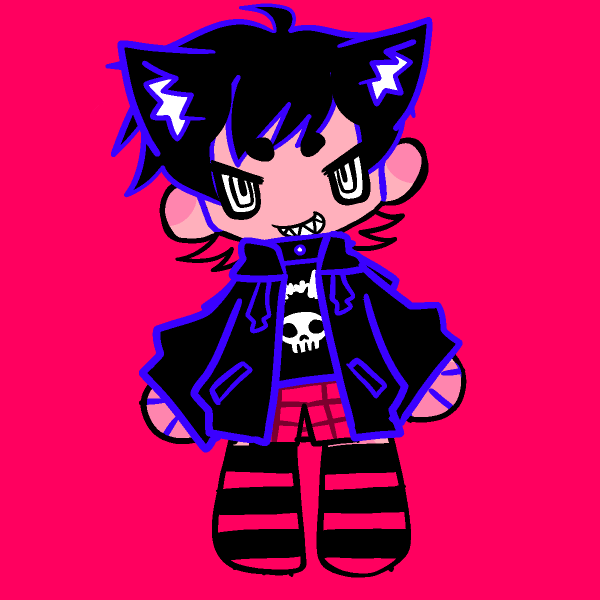So I dealt with a nasty person a few days ago and one of the things this person did was calling people pick-mes while accusing them of being transphobic. The problem is I have no idea what this word or phrase means. I know it isn’t good but I don’t really understand how it relates to someone other than somehow being connected or associated with transphobia, and also likely being insulting.
It basically means a trans person who cares a lot about appealing to conservatives/transphobes as “one of the good ones,” in ways that are often damaging to other trans people.
Someone who is called a pick me might say stuff like “you don’t have to use preferred pronouns if they don’t pass” or “you’re not a [man/woman] if you don’t have [sex organ].” They might be against transition even though they have transitioned and don’t regret it. They might excessively shit talk other trans people. They might “debate” a lot of conservatives and end up agreeing with them on various points.
Here is an example of a pick-me statement.
“I am not like those other girls^1 that spend all day in front of a mirror^2. Instead, I am not afraid to get messy and will play sports with the best of them^3.”
^1: This is a group that the speaker is a part of. It’s typically one that is disadvantaged in some way. In this case it’s women (or “girls”). Either way, the speaker will attempt to relate to the audience’s group at the expense of their own.
^2: This is an action or other thing about the group. It is usually something that is harmless, like grooming oneself. In the above example, the speaker characterized the act of grooming oneself as something vain and not worth their time.
^3: This is something that the speaker believes the audience of this statement values. In this example, the speaker is attempting to appeal to the audience’s group by saying they like sports and they don’t care if it gets them dirty. This implies that people that groom themselves would not consider playing sports or doing something that would get them dirty. (Which is not true. Many women that care about their looks also play sports and get dirty.)
A pick-me will tear down their own people to fit in with another group. A woman being a pick-me with men has internalized misogyny, because she believes that she must separate herself from other women to have worth to men. (Instead of believing that women have worth as they are.)
This is a behavior you are likely familiar with, but never had a name for it. As with many things like this, sometimes the term is used on people and situations where they do not apply.
For instance, a woman who does not wear makeup and engages in many traditionally masculine hobbies, but does not tear down other women, may be falsely accused of being a pick-me.
One can apply the same logic to trans folks. I can’t speak as much on how this would manifest, but conceptually it would be similar.
The “pick me” label as its applied to cis women is a misogynist concept used as a way to drive a wedge between women. Just as general advice from an ally, it’s probably not advisable to onboard kind of short-hand into trans communities.
Internalized misogyny takes a lot of forms, it could manifest as “pick me” behavior, but it could just as easily manifest as an obsession with hyper-sexualized misogynist anime characters etc.
The goal should be to help other women work through and get out from under internalized misogyny, not label, police and condemn them for it.
Putting down other women is carrying water for misogynists, whether it’s criticizing them for being too femme or for being tom boyish or whatever other characteristics are “bad ways to be a woman”.
As I_dont_want_to points out; these kinds of labels are easily misapplied and weaponized. Better to just criticize the specific negative behavior itself than label the person as something. In the same way that calling a person “a racist” is less productive than pointing out that they’re “being racist”. One is aimed at the nature of the person, the other addresses behaviour.


